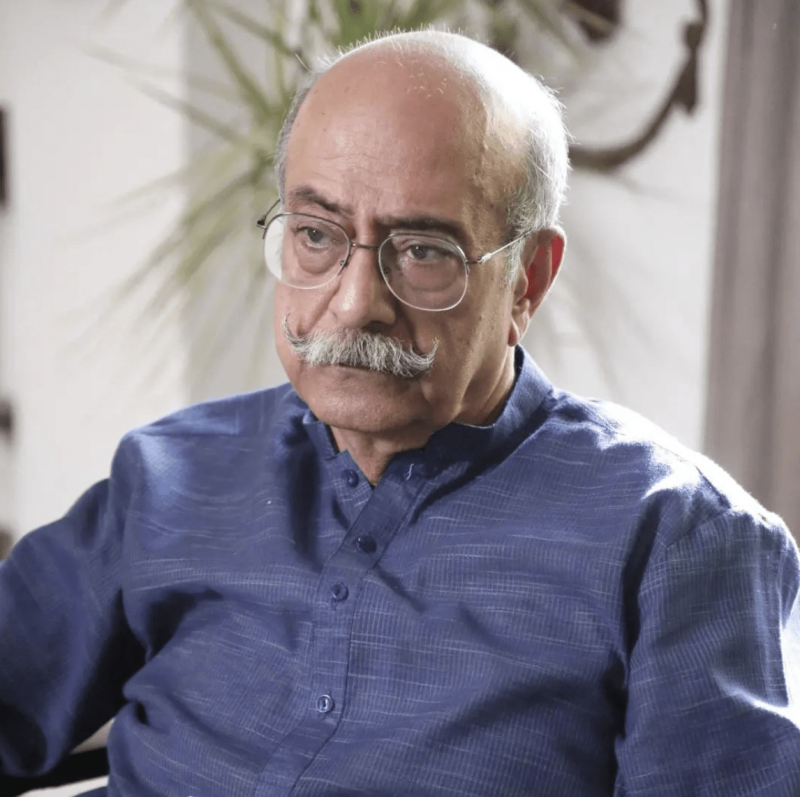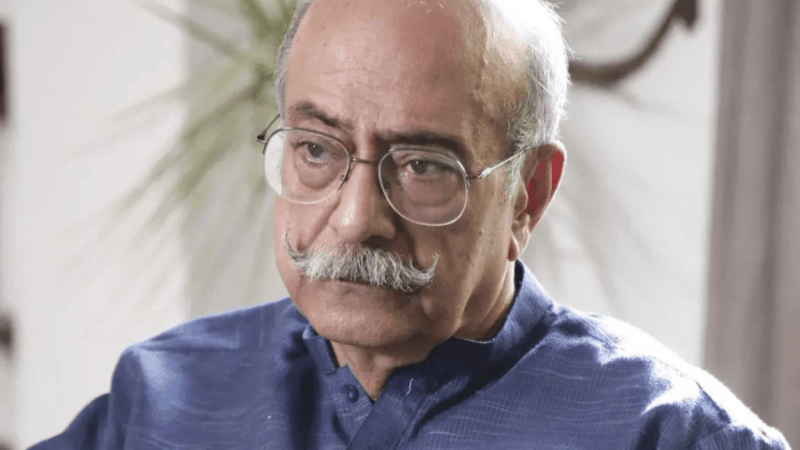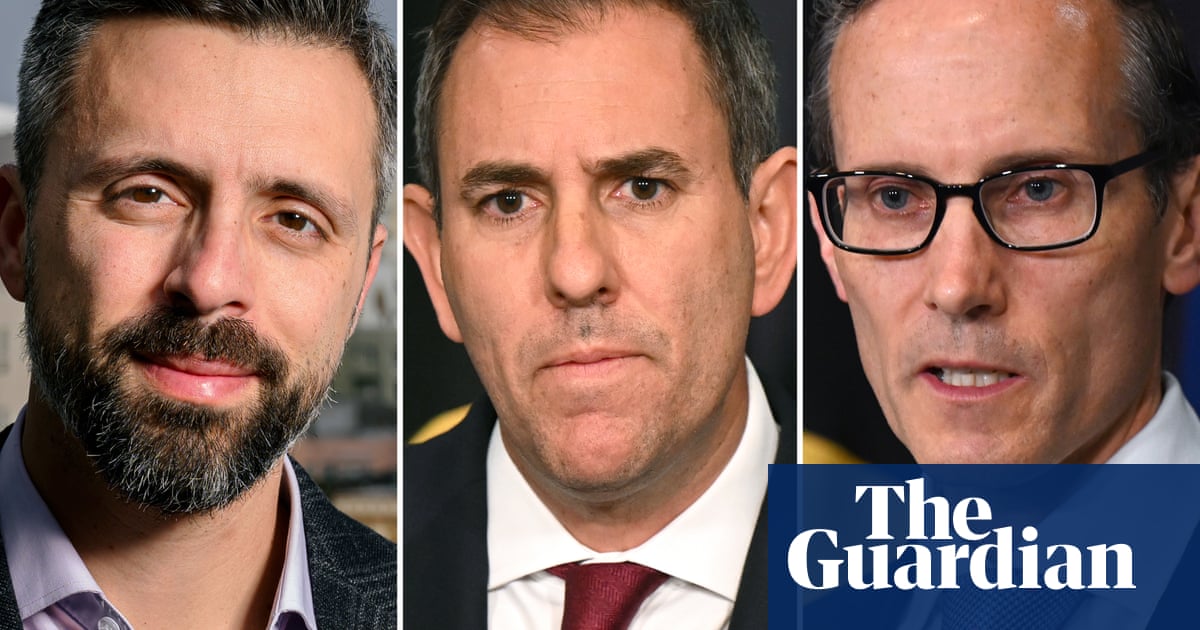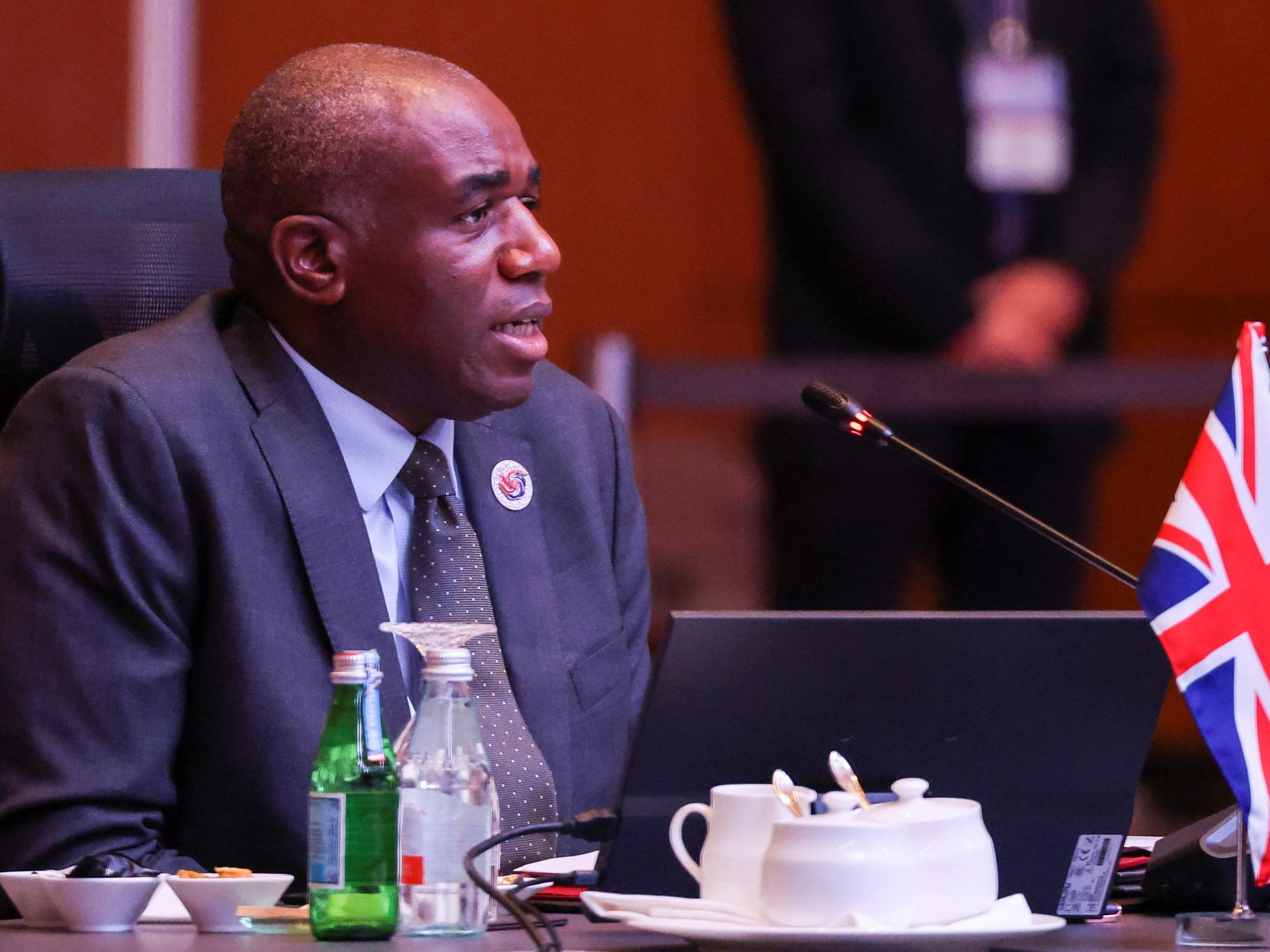

Actor Syed Mohammed Ahmed has added his voice to a growing chorus of Pakistani entertainment professionals speaking out against the persistent issue of delayed payments in the industry.
Ahmed is a veteran actor who has been in dramas such as Sunn Mere Dil and Kuch Ankahi. His callout follows recent comments by director and producer Mehreen Jabbar.
Taking to Instagram with a video message, Ahmed laid bare the emotional and financial toll of chasing what’s rightfully owed to you. “Except a production house or two, I haven’t seen people being paid on time,” he said. “Your payment being delayed for three to four months is normal. That too, after begging for what’s yours… and they will still behave like they’ve done you a huge favour.”
Ahmed described how artists are routinely made to feel like beggars while seeking payment, often enduring long hours on set with no assurance of timely compensation.
“Previously, people felt shame in discussing their financial status or the fact that they needed money. But today, money is necessary for survival,” he said. “We really have to kill our egos, our self-respect, to get paid by these production houses.”
He expressed gratitude to Jabbar for raising the issue, echoing the sentiment of many who feel exploited in an industry that runs on their labour but fails to respect it.
Mehreen Jabbar sounds the alarm
Just days earlier, Jabbar, best known for Dobara Phir Se and Ek Jhooti Love Story, shed light on the systemic exploitation rampant in Pakistani television. In an interview on Gup Shup with Sheeba, she lamented how delayed payments have become the norm, not the exception.
“In the US, even with all their issues, there’s a fixed schedule for payments. People know when they’ll get paid. Here, you have to chase payments like beggars,” she said.
Jabbar highlighted that the issue affects everyone on set — from directors and lead actors to spot boys and lighting technicians. “Ask anyone and they’ll have stories,” she said. “This is across every channel and production house.”
She drew particular attention to how crew members, often underpaid and entirely unprotected by unions or regulations, suffer the most. “They do the hardest labour…but remain trapped,” she said.
According to her, the only projects that operate smoothly are brand-sponsored shoots or short-form content, where corporate oversight helps enforce better standards.
A problem that refuses to go away
This isn’t the first time actors have spoken up about delayed or nonpayments in the entertainment industry. Last December, Duniyapur co-stars Ramsha Khan and Khushhal Khan addressed the issue in an interview with the BBC Asian Network. While grateful for being paid on time for their big-budget series, the duo admitted that such punctuality was an outlier.
“It’s disrespectful not to pay on time because we’re there on time,” said Khushhal. “I have to pay my bills, man,” Ramsha added bluntly.
Ramsha revealed that she often refused to show up on set unless her dues were cleared. Both actors pointed to the lack of unity within the industry as a major hurdle in collectively addressing the issue.
“If Khushhal and I even try to take a stand, the three other actors are going to let it go. There’s no unity,” she explained.
‘Sometimes you get a jolt’
Veteran actor Nadia Afgan also spoke out around the same time in a podcast with Something Haute. She revealed that she hadn’t been paid for several dramas, even those made by producers she personally knew. She now keeps a “black book” of people she refuses to work with.
Afgan shared that, like Ramsha, she too fights for timely payments, and was advised to do that by her seniors. “I am where I am because of Samina Ahmed and Nauman Ijaz’s advice. They told me, ‘Raise your voice, don’t be afraid. God gives you rizq (sustenance), not these people.’”
While Afgan feels secure enough in her career to demand timely compensation, she acknowledged that younger or newer actors are forced to accept late payments as normalised industry behaviour, thereby continuing the cycle of exploitation.
These callouts have reignited a conversation long brushed under the carpet, revealing a troubling trend — the more the industry expands in scope, scale and viewership, the less care it seems to show to the people who keep it running.
As Ahmed put it bluntly, “Actors are treated like beggars for money that is already theirs.”
With leading names now speaking up, perhaps the question isn’t if the industry will reform, but whether it’s willing to prioritise respect, dignity and professionalism over profit margins and power plays.





